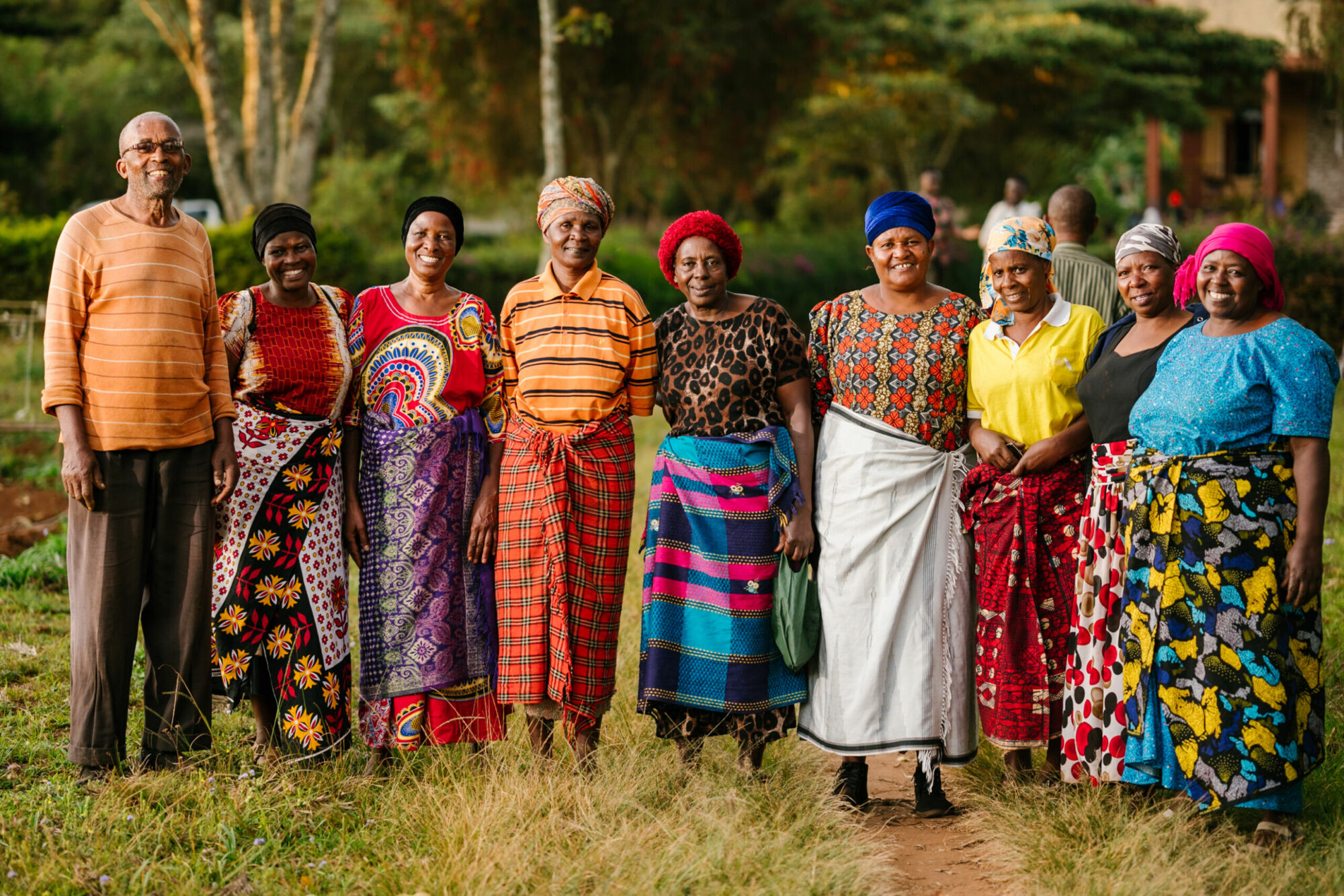Good News!
We are delighted to announce that we have successfully signed the Sida CIVSAM (The civil society unit of the Swedish International Development Cooperation) 5-year funding agreement to support our new Livelihood and Right to Food (LRF) program.
This multi-country initiative will be implemented in three East African countries: Kenya, Tanzania, and Uganda. While program coordination will take place at the country level, the regional office in Kenya will provide thematic technical support and overall coordination.
About Livelihood and Right to Food (LRF)
The Livelihood and Right to Food (LRF) programme aims to contribute to the realization of the right to food for women, men, young people and children in Kenya, Tanzania and Uganda by 2027. This will be achieved through enhanced resilience and strengthened and equitable food systems within communities.
The objective of the LRF programme is to provide organized, empowered, assertive and resilient communities with sustainable livelihood opportunities. This will be achieved by strengthening the capacities of local Civil Society Organisations (CSOs), cooperatives and member-based organisations to enable them to reach out to all their members, organize and empower communities by teaching them their civic rights and facilitate efficient service delivery by the CSOs and duty bearers.
The programme has six result areas; Strengthened Civil Society, Sustainable Livelihoods, Resilience, Equitable and Just Access to Adequate Housing, Gender Equality, and Effective Equitable and Just Food Systems.
Our result Areas:
Equitable food systems: Increased sustainable, modern, and effective production and farming methods, including agroecology. Improved access to agricultural, financial, extension and advisory services. Strengthened right to land and habitat and other productive resources. Improved accessibility to food in vulnerable and marginalised communities.
Adequate housing: Increased access to collective and/or cooperative secure legal tenure for housing construction. Improved participation in housing-related decision-making at the national and community levels. Increased, equal and equitable access to relevant financial services for affordable access to adequate housing.
Sustainable livelihoods: Strengthened economic opportunities, purchasing power and sustainable livelihoods of people living in poverty. Strengthened participation of smallholder farmers in agriculture value chains, including post-harvest practices and crop and animal insurance.
Stronger organisations: Improved conditions and an enabling economic and political environment for cooperatives and civil society organisations. Stronger integration of anti-corruption as a strategic development issue in all programming. Strengthened institutional capacity of partner organisations, including access to appropriate information and communication technology.
Strengthened resilience, healthy environment, and climate: Strengthened organisations’ and their communities’ climate and social resilience, including disaster risk reduction and early warning systems. Advocate for climate justice.
Gender equality: Transformed gender norms to advance gender equality and women’s economic empowerment, including addressing the care work burden and gender-based violence. All work will have a strong focus on the rights of women.
Currently, we have established partnerships with 44 organizations operating within the region. These partnerships allow us to extend our reach and collaborate on projects that create lasting positive change in Eastern Africa.
We are excited about the opportunities that the Sida CIVSAM funding brings, and we remain committed to realizing the right to food and improving livelihoods for communities in Kenya, Tanzania, and Uganda.
